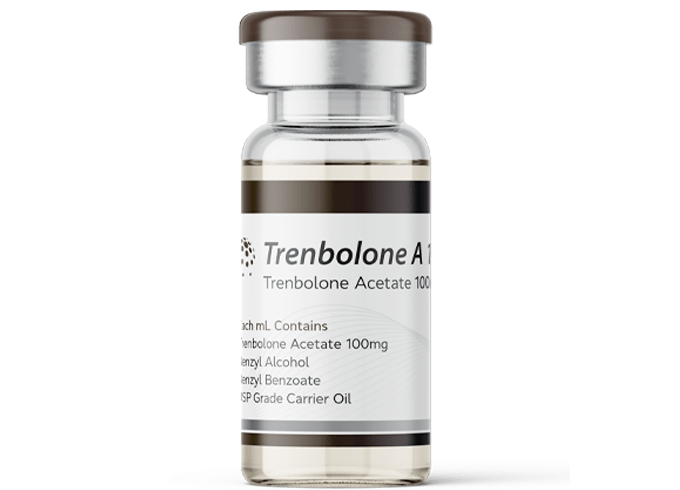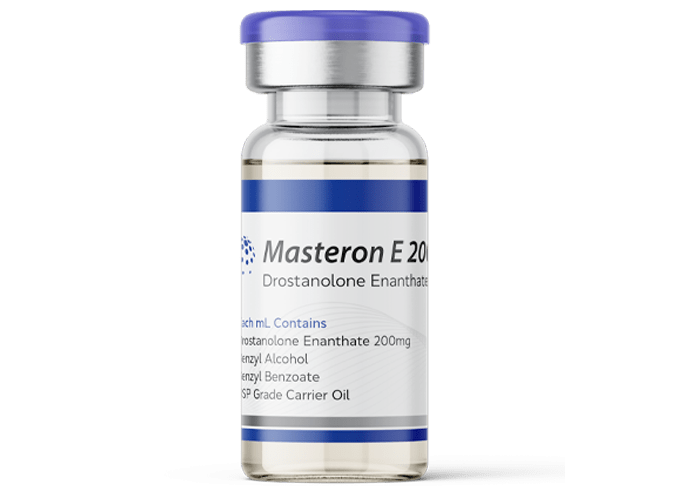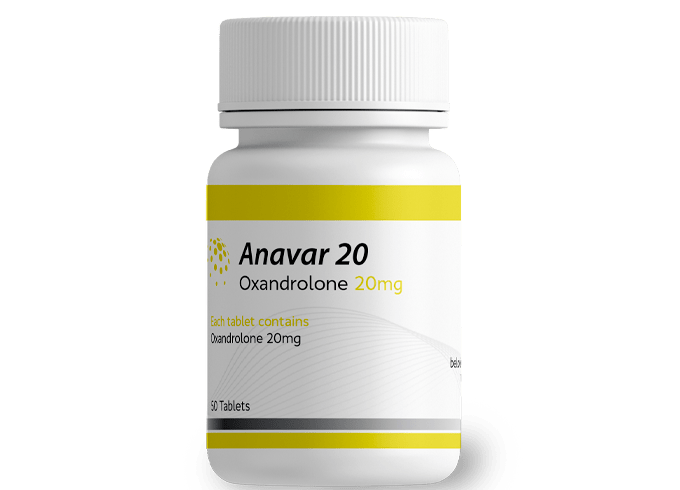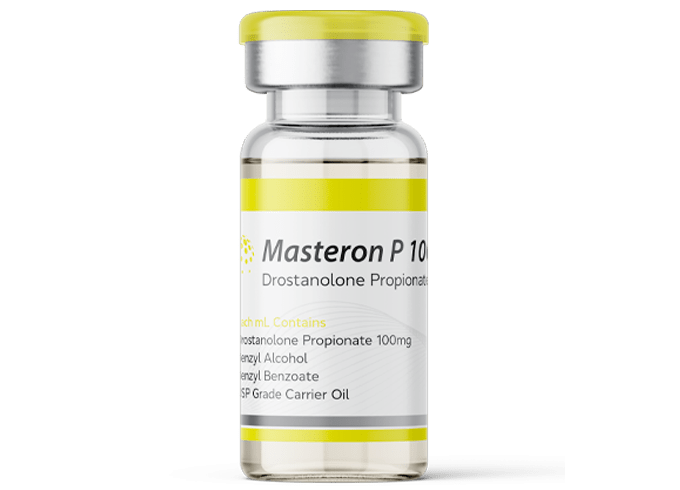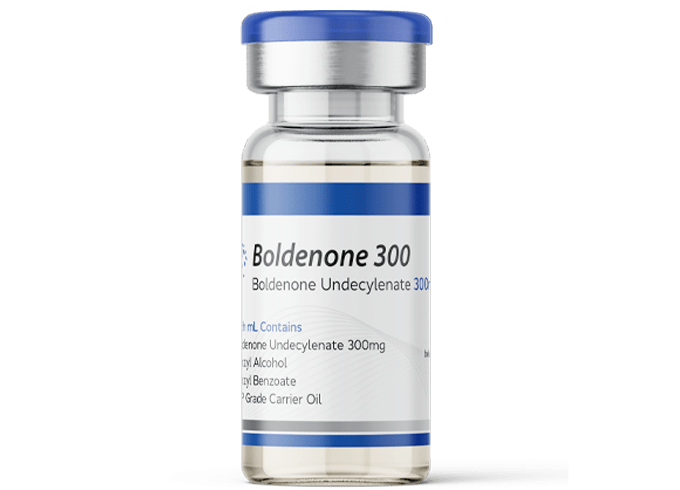Description
CLINICAL PHARMACOLOGY
Trenbolone binds strongly to the androgen receptor and its action is generally considered to derive therefrom. It produces significant anabolism even during periods or limited caloric restriction. The literature offers conflicting reports of the susceptibility of Trenbolone to aromatize estrogen or reduce to a dihydrotestosterone derivative. Rat studies have suggested that trenbolone may exert effects typically associated with dihydrotestosterone through a non-DHT pathway potentially with direct receptor action. It has been suggested that Trenbolone may reduce cortisol production through an indeterminate pathway of activity upon glucocorticoid receptors. Trenbolone has been demonstrated to promote muscle growth, appetite, aggression, and the production of red blood cells through the production of erythropoietic stimulating factors. Trenbolone is suspected of selective binding of the progesterone receptor potentially acting as both an agonist and an antagonist. It has been suggested that trenbolone is capable of binding to the prolactin receptor. Thus serum progesterone and serum prolactin levels should be monitored during treatment and if elevated anti-progesterone and anti-prolactin agents should be considered.
INDICATION
Trenbolone use may be indicated in patients where substantial weight gain and
increases in musculature are required for patient health after substantial losses of body mass, especially in instances where caloric intake is limited and other anabolic therapies have previously must consider the risks of therapy failed.

